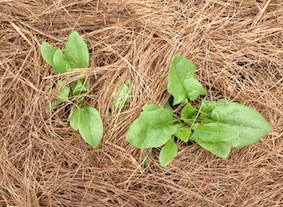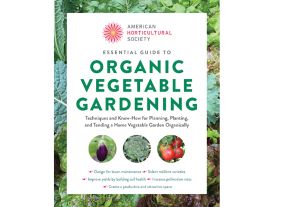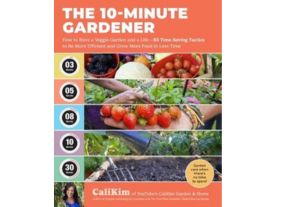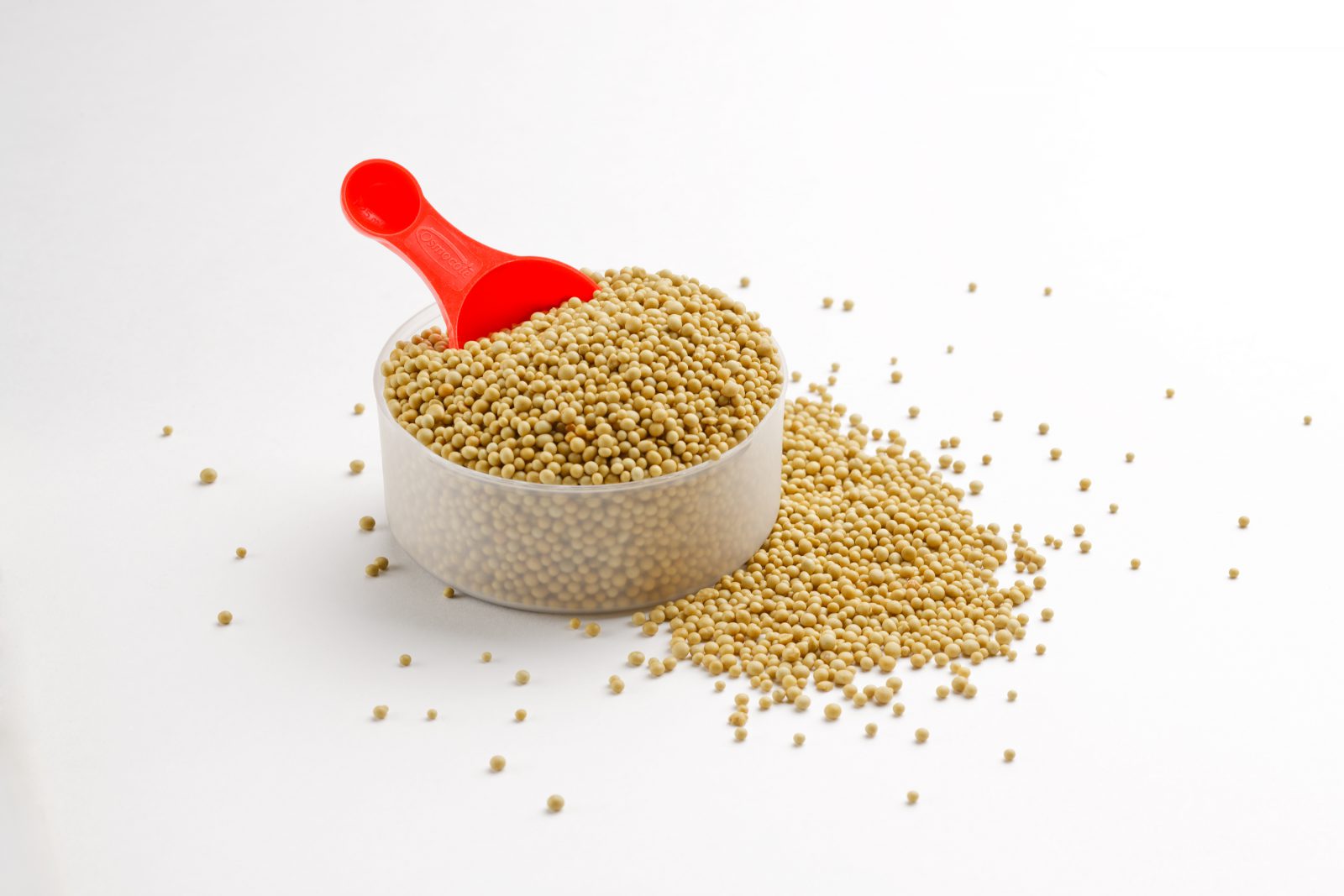Using Salt Marsh Hay as Mulch
Views: 28506

What’s my favorite mulch to use in the garden? Buckwheat hull mulch. It’s classy. It gives a garden a modern look. And when turned into the soil at the end of the season, the soil is light and fluffy.
The bad news is it’s getting pretty expensive. My garden requires about four to five bags, and at $15 per bag, that adds up. I’ve already purchased several bags to use around the garden at my new home, so I decided to try something different—and less expensive—at my community garden plot.
A Cheaper Alternative to Buckwheat Hull Mulch
I’m using hay. Actually, salt marsh hay, something prevalent here in New England and harvested from salt marshes in the region.
Traditional hay is the dried grasses of forage crops, typically used to feed livestock. Its seeds have not been harvested for other uses, so this common hay often is full of seeds that would germinate into weeds if used as mulch in a garden.
So what makes salt marsh hay different? Even though it is a type of hay and has seeds, salt marsh grass seeds will not germinate because they require salty marsh soils in order to do so. It is apparently slower to break down than straw, so it will remain a good, in-take mulch for many months.
I pay about $12 for my bale of salt marsh hay, which is pricey for a bale, but I will only need one bale to cover my entire garden.
Benefits of Salt Marsh Hay
Salt marsh hay used as mulch helps shade the soil to keep it from drying out as fast, and also helps keep weeds in check.
What I like about this hay is that height you get from a pile of it. Placed around heads of lettuce or under leaves, it can give the plant a lot of space between the soil and the plants’ lower leaves. I’m hoping this might keep my lettuces a bit cleaner from soil splatter.
I also generously piled salt marsh hay around and overtop of my arugula. Why? I thought maybe by hiding it under the hay it would be harder for flea beetles to find it. I think it’s working!
Meet Ellen Wells
When you’re raised on a farm, you can’t help but know a thing or two about gardening. Ellen Wells is our expert on edible gardening.…
Ellen's Recent Posts

New Organic Vegetable Gardening Book






